5. The Piano Teacher
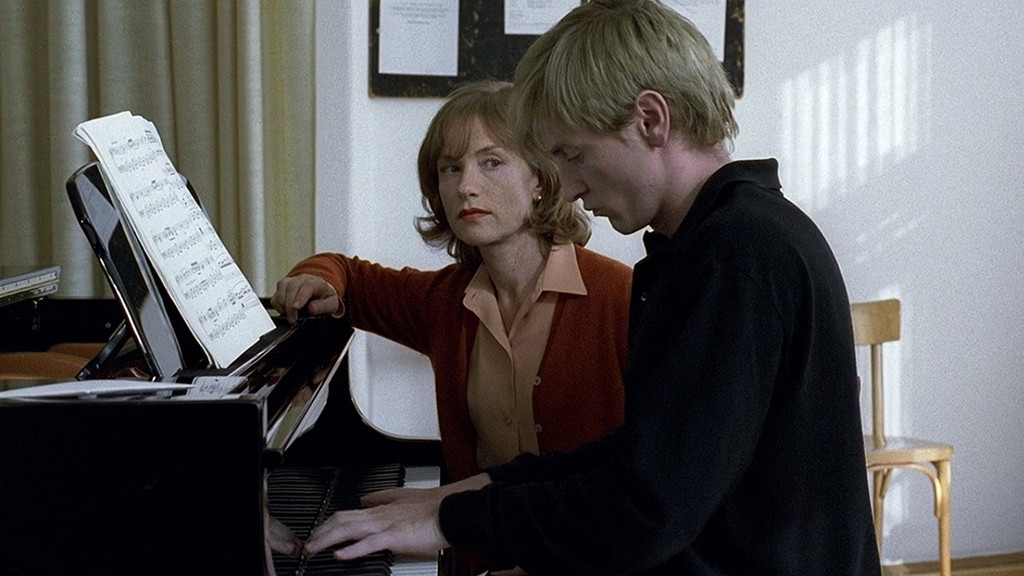
Michael Haneke’s thematically daring films have always been subject to strong reactions from audiences and The Piano Teacher may have been his most triggering. Gleefully dealing with themes of sadomasochism and rape, audiences were repulsed by the themes present and made their feelings known audibly. The movie was aggressively booed with walk outs reportedly occurring as well.
Like other movies on this list though, people’s response to the sexual imagery improperly outdid the more astute thoughts on the movie causing people to miss the movie’s complexities. Propositioning the idea that sex is merely about power dynamics, The Piano Teacher’s bold approach is one that needs to be respected. Tack alongside the movie’s intelligence with the astounding performance of Isabelle Huppert and you have a singular movie unworthy of its initial reaction.
4. The Tree of Life
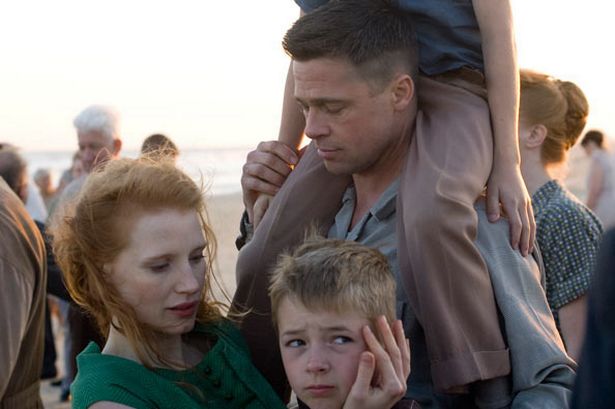
Many of the movies on this list were booed due to the audience’s intolerance for extreme content. The Tree of Life experienced the same response but for something much different. Audiences found the existential musings impenetrable and not worth their time. Audiences should have had an idea what they were in for if they had watched director Terence Malick’s prior two films and it’s unsurprising that people unfamiliar with his work would not enjoy The Tree of Life.
The movie is certainly not deserving of boos and walkouts though. Audiences are treated to some of the most beautiful cinematography ever put to the screen as well as, perhaps, the single most visually sumptuous sequence in film history in which Malick (literally) interprets the creation of the universe. It’s an astoundingly complex feature filled with important introspections and thought-provoking questions of the unknown and a true example of cinema as poetry.
3. Blue Velvet
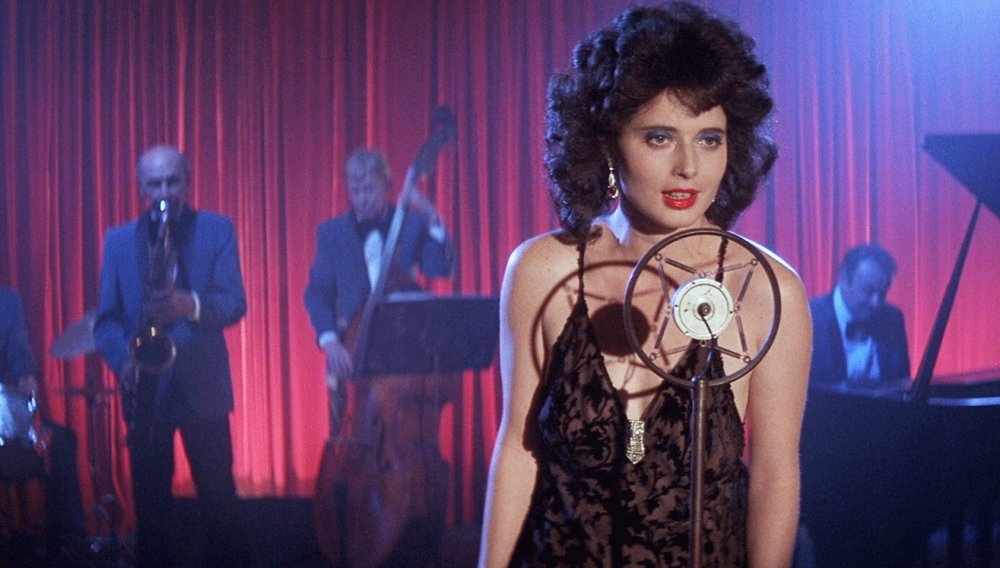
After earning a Best Director nomination for The Elephant Man (one of his more accessible movies) in 1980, David Lynch became an increasingly recognizable name. However, his big studio success came to an abrupt end upon the release of Dune, a massive box office bomb. If time has shown one thing though, it’s that David Lynch is not a director that’s meant to be under the restrictions of studios and producers. He was allowed to go back to full creative control with this controversial movie.
Upon release, audiences were unsure as to what they had just watched, but that didn’t stop them from reacting. The late Roger Ebert was a notable detractor of the film, citing it as one of the worst of its year. Ebert wasn’t alone as audiences across the country made their objections known through boos and walkouts.
Blue Velvet, rightfully, has not had its reputation buried by the initial reaction to it. In fact, over the years, it has earned more acclaim with critics and average cinema-goers alike. David Lynch single-handedly brought surrealism into the mainstream with Blue Velvet and its influence can still be found in movies and styles coming out today.
Traces of Blue Velvet’s influence can be found in the styles of contemporary directors like Darren Aronofsky and Nicolas Winding Refn. With one of the greatest villain performances of all time by Dennis Hopper, Blue Velvet remains a thought-provoking, stylish, and erotic excursion always worthy of conversation.
2. Taxi Driver
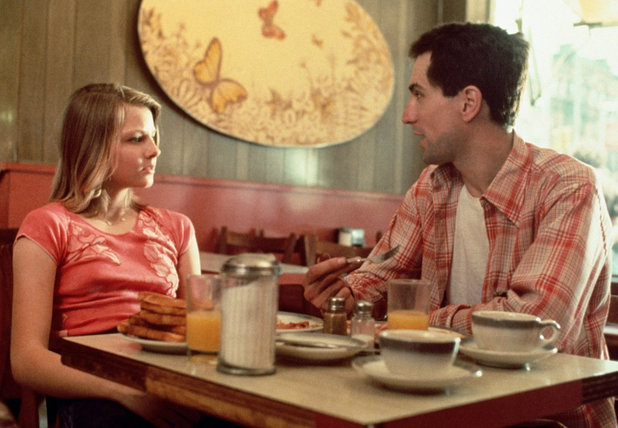
The second Martin Scorsese movie to land on this list, it wasn’t hard to see why Taxi Driver faced significant controversy when it came out. While many took issue with the graphic violence itself, it was the ideology that was cause for concern. People feared that audiences would identify with the main character and be prompted to attempt what he does, which is go on a killing spree.
The movie also hints at the threat of assassination of a prominent public figure. Since the film is a character study, it was the central character that received the most conversation with many wondering if he was a hero or psychopath by the end. Those who came to the conclusion that his actions were immoral, didn’t hesitate to boo and walk out.
The movie did incite a prominent attempt at violence when a man obsessed with Jodie Foster (after seeing the film) attempted to assassinate then-president Ronald Reagan. However, those with the intuition to stay and think about the many questions Taxi Driver conjures about society and morality found the movie experience rewarding and it is now considered one of the greatest movies of all time.
Questions like, are people a product of their environment or is their environment a product of them? Does society lend a hand to those who need it or is it the people’s job to do that for each other? Is violence ever a justifiable response or does it simply inflame the situation? These are important questions that to this day cannot be definitively answered.
1. The Turin Horse
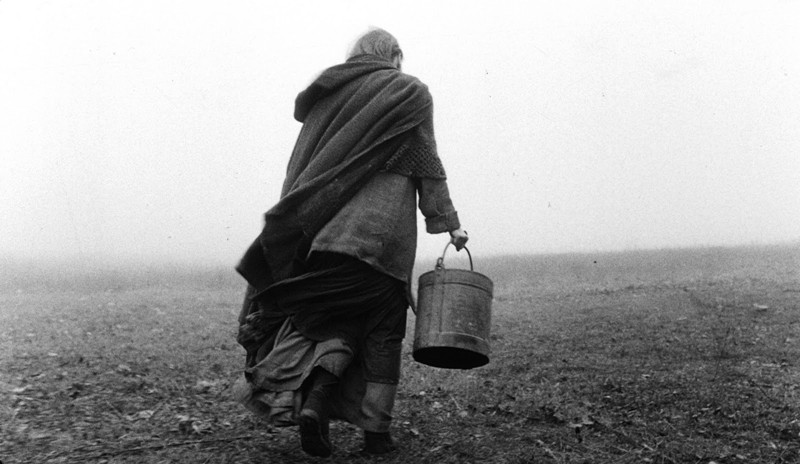
It seems, at times, that festival goers set themselves up to walk out or have a strong reaction to a movie by not educating themselves on what films they’re going to see. Such was the case with director Bela Tarr’s bleak parable The Turin Horse. With movies like The Werckmeister Harmonies and Satantango under his belt, audiences should have gone in expecting a depressing, observational, think piece. Viewers that didn’t expect this found themselves turned off by the slow pace, minimal dialogue, and (what they deemed) lack of conflict.
Those who walked out missed out on a modern masterpiece. Told in just 30 shots in its 2.5 hour run time, The Turin Horse is a family’s search for meaning on display. Reduced to peeling a single potato for a meal, the life Tarr illustrates is one of such intense sorrow and meaninglessness so as to suggest that such a life may not be worth living.
The movie expertly provokes the theory that existing is different from living because existence simply refers to a body and consciousness whether that body and consciousness means anything or not. It’s a depressing vision and an insight into our own humanity and what it means. Ultimately, all of it culminates to a movie that we don’t want to watch but definitely one that we should.